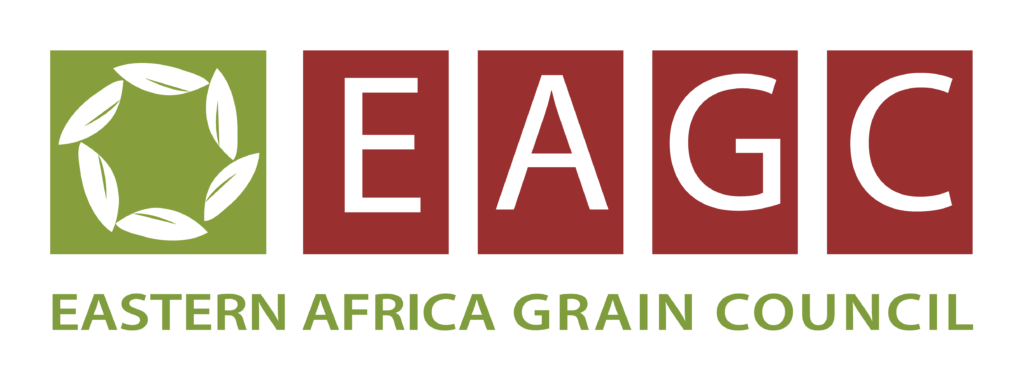EAGC took part in the Agricultural Data Standards & Interoperability Training workshop held in the Regional Centre for Mapping of Resources for Development (RCMRD), Kenya, from the 11th-15th July, 2022.
The training workshop was organized by the RCMRD, through the SERVIR Eastern and Southern Africa project (SERVIR E&SA), in response to various agricultural challenges among them poor agricultural decision making due to inadequate and inaccurate data.
The workshop targeted key stakeholders in the agricultural sector involved in data collection and management to build and increase their capacity in data collection and management practices. In so doing, the workshop sought to strengthen the institutions that handle agricultural data as a means to strengthen the investments in the capacity, systems, tools as well as the strategies and policies involved in data collection and data management.
The training was aimed towards the development of data standards and that of an interactive interface for agricultural data by creating stakeholder awareness on data standards, metadata, openness and interoperability.
Informed agricultural policies rely on relevant, timely, accurate, accessible and usable data necessitating the need to strengthen agricultural data. This consequently call for the development of and application of viable data standards and informed development of minimum requirements for data attributes. Data standards make it easier to create, share and integrate data for correct representation and interpretation of data.
EAGC is actively involved in data collection, management and dissemination through its Regional Agricultural Trade Intelligence Network (RATIN), a Market Information System (MIS) that provides grain market information (grain market prices) and Informal Cross Border Trade (ICBT) data to relevant stakeholders for informed policy and trade decision making.
EAGC through its RATIN interventions has partnered with data-oriented institutions which utilize RATIN data for further analysis to inform their stakeholders. Among these institutions are IGAD Climate Prediction and Application Centre (ICPAC), who in partnership with EAGC disseminate climate information and its impact on food security in the IGAD region; and NASA HARVEST who in partnership with the Regional Centre for Mapping and Resource Development (RCMRD) and EAGC produce story maps using GIS to combat food insecurity.
The workshop resolved to host stakeholder policy engagements as a means to lobby for the setting of data standards.
“Data is only useful when collected, processed and archived in the right way in order to shape useful decision making”
Dr.Robinson Mugo, Project Manager, SERVIR PROJECT-Eastern & Southern Africa, RCMRD

